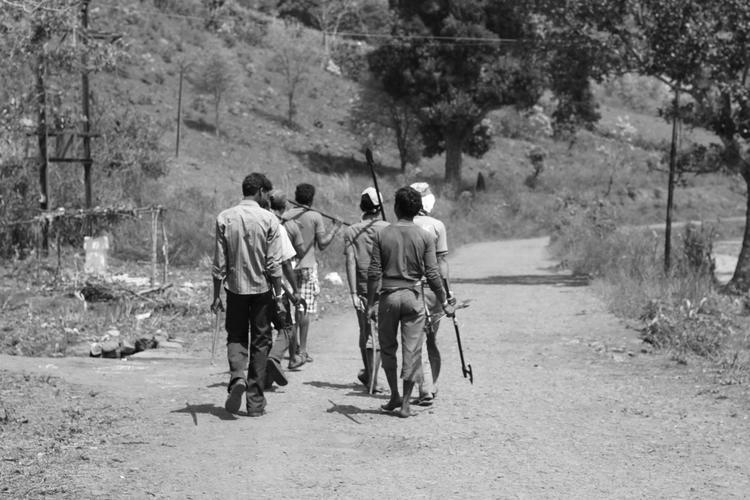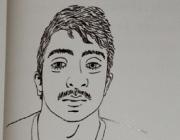
My interests within sociology and social policy center around the effects of socioeconomic transformation on rural communities and international migration. These interests stem in part from my experiences as a journalist in India, where I wrote extensively about frictions between state-run developmental efforts and rural communities for The New York Times, Al Jazeera and other publications. I first moved to India as a Merage Fellow in 2012, motivated by my academic background in economic development (New York University BA, 2010; MA, 2012). I often found that people in highly marginalized rural communities behaved in ways contrary to how economic theory led me to expect: why were poor mothers rejecting free healthcare at government clinics? Why did handloom weavers send their children to private schools with extremely high dropout rates? Why did people in some tribal communities abandon farming completely, preferring to be casual laborers instead, while others militantly opposed selling their land to major state infrastructure?
I began to see these questions as manifestations of a profound instability in the rural social order amid larger socioeconomic transformations and climate change. Farmers often told me that changing weather patterns had made it harder for them to predict the monsoon, forcing them to seek alternative sources of income. At the same time, lopsided economic growth concentrated in the cities had the effect not just of undermining rural economies but also of diminishing the social value of traditional occupations – a message reinforced by expansions in digital media. More often than not, when I visited villages structured around hereditary occupations like handloom weaving or agriculture, younger generations had stopped taking up the mantle from their parents, instead aspiring for urban lifestyles.
I came to Princeton in order to make better sense of what happens when these various processes intersect. A central question is the role of socioeconomic disruption in identity formation and the negotiation of social ties. I am currently working on an ethnographic project on how young tribal men in India reconstruct masculinities amid localized socioeconomic stratification and the decline of the traditional rural breadwinner model. Of particular interest to me is how these men appeal to value systems that are no longer located in place, but rather vary according to symbolic meaning. Working from a unique field site, and borrowing from Pragmatist and Bourdieusian frameworks, I hope to contribute both to the sociology of gender and economic sociological study of the rural-urban divide.
I am also keenly interested in examining meaningful universalities of social change in the context of globalization and rural-urban stratification. What structural and transformative processes are common to rural communities in India, sub-Saharan Africa, and the American Midwest? Much of the canonical research on globalization, migration and modernity tends to treat rural-urban dynamics in core and periphery nations as analytically distinct. Yet, capital is universally controlled from the cities, so the question remains of whether rural areas experience inherently fundamental frictions between different processes of globalization. I plan to pursue a comparative study of rural India and the American Midwest, with particular interest in the changing constructions of gender and ethnicity, the symbolic value of education to social mobility, and how the state is perceived. In addition, I am distinctly fascinated by how virtual dislocations driven by media and technology influence reflexive perceptions of inequality and community decline. I frequently witnessed young tribal people in India, for instance, respond to stigmas against “tribalness” by replicating Internet and television tropes, which is where many such anti-tribal stigmas originate in the first place. I realize that there is something inherently temporal about these questions; my own experience leads me to wonder whether we live in a unique historical moment of global capitalism, during which rural communities worldwide face profound disruptions of traditional social orders. If that is indeed the case, then I hope to contribute to more complete understanding of how these communities respond.
Policy Implications
Labor is perhaps the most central policy issue common to all my research interests. I see two major dimensions in which my interests pertain to labor: i) migration and the globalization of labor production and ii) the gender dimension of work (or put more broadly, the frictions of role reproduction in work). Global policies affecting labor, moreover, have extensive sociological consequences for my areas of interest.
The higher-order consequences of policy loom large in my work on masculinity in India’s tribal communities, which, like most rural areas, are closely associated with state neglect. However, state policies can also influence gender norms, cultural aspirations and labor patterns. A more nuanced understanding of how rural communities in decline orient themselves to the state, or the lack of it, will, I hope, lead me to useful policy insights for rural development.

